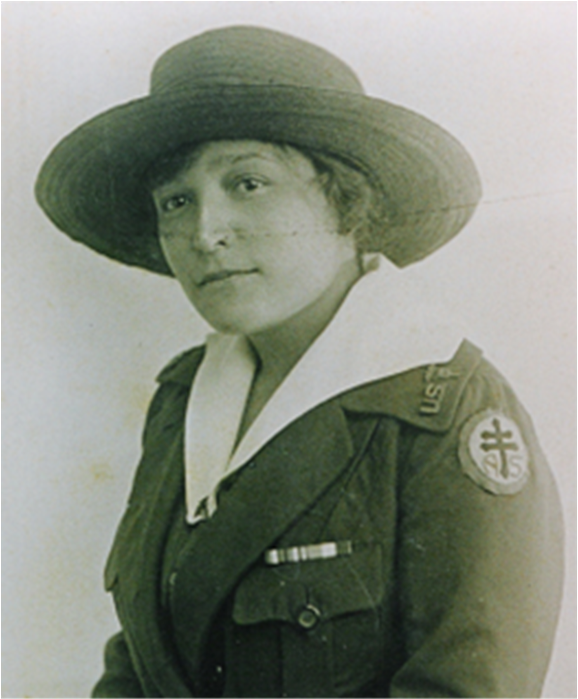Digitized First World War diaries illuminate diverse Canadian experiences at home and overseas

Captain William Andrew White and some of the pages from his personal diary. The left image is courtesy of Anthony Sherwood, the right image is courtesy of Library and Archives Canada, Ottawa.
A project that studies and digitizes the personal diaries of Canadians serving overseas and on the home front during the First World War provides important insight into the daily lives and experiences of soldiers and other war workers, highlighting marginalized voices such as those of Black and Indigenous people as well as women.
The Toronto Metropolitan University (TMU) Modern Literature and Culture (MLC) Research Centre, led by centre director and Faculty of Arts professor Irene Gammel, has been researching personal, unofficial war diaries for several years, and one of its major focuses is the First World War. The centre’s Operation Canada Digital War Diaries Project, funded by the Social Sciences and Humanities Research Council of Canada, is the first of its kind in Canada and goes beyond official logs to illuminate the human stories and experiences of both those overseas and across Canada.
For the project, a number of diaries were digitized and several were made accessible online, along with scholarly transcriptions of the diaries and contextual research. Contributors to the project include a team of national and international experts, the TMU Library, and more than a dozen students.
Professor Gammel says the project shifts our understanding about the participants and their experiences during the war. “Focusing on issues of diversity, the project is concerned with how categories of gender, race and class have excluded many voices, which we are making accessible via the diaries,” she said.
By featuring marginalized voices, such as Black officer and chaplain Reverend William Andrew White, or Indigenous nurse Charlotte Edith Monture, the project offers a more fulsome understanding of peoples’ experiences during the First World War. As professor Gammel explains, the “rare and precious voices” found in the diaries are often safeguarded in family archives for decades. By making them publicly available, the project offers a unique opportunity to see a wide range of reactions to the war and examples of personal resilience.
“Giving insight into trauma and shell shock, these personal diaries immerse us in the war at the grassroots level, constituting powerful tools, not only in writing against the sexism and racism of the era, but also for the articulation of shifting identities in a catastrophic crisis,” professor Gammel said.

Charlotte Edith Anderson Monture served as a nurse. Photo courtesy of Descendants of Charlotte Edith Anderson Monture, Ontario.
Learn more about the Operation Canada Digital War Diaries Project (external link, opens in new window) .
Learn more about the Modern Literature and Culture Research Centre (opens in new window) .
The Canada Foundation for Innovation provides support for the Modern Literature and Culture Research Centre.
Photo information:
Main photo:
On the left: Captain William Andrew White, chaplain of the No. 2 Construction Battalion, Photograph ca. 1916. William Andrew White Diary Landing Page, The Operation Canada Digital War Diaries Project, MLC Research Centre, Toronto. Courtesy of Anthony Sherwood.
On the right: William Andrew White, “Doctor still thinks him faking.” Entry dated January 13, 1918, Diary of William Andrew White, 1918, Digital Frame 9, The Operation Canada Digital War Diaries Project, MLC Research Centre, Toronto. Courtesy of Library and Archives Canada, Ottawa.
Additional photo:
Edith Anderson, Photograph, circa 1918-1919. Charlotte Edith Anderson Monture Diary Landing Page, The Operation Canada Digital War Diaries Project, MLC Research Centre, Toronto. Courtesy of Descendants of Charlotte Edith Anderson Monture, Ontario.